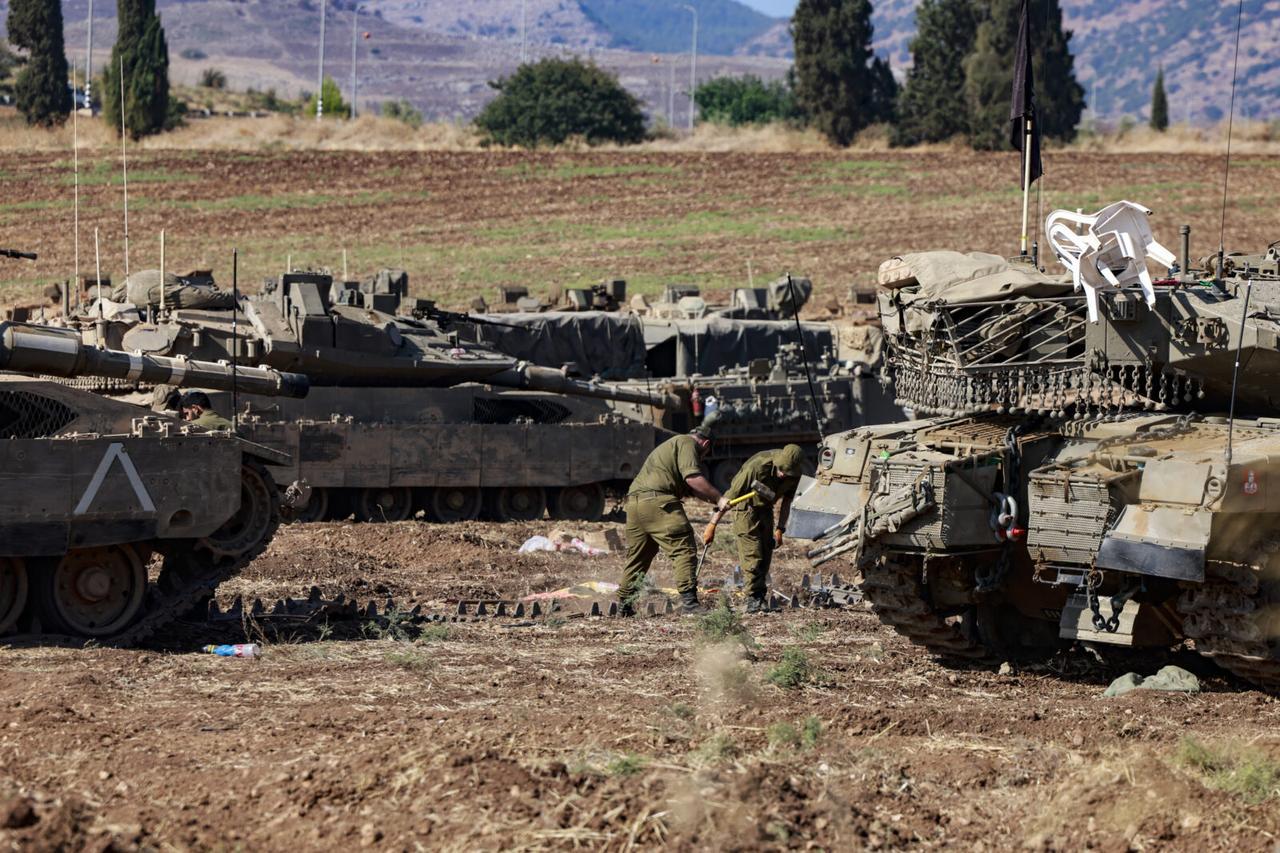
Israel's Security Cabinet on Monday approved a plan to capture the entire Gaza Strip and hold it for an unspecified period, significantly expanding its military operations in the Palestinian territory.
The move is expected to intensify Israel's efforts to defeat Hamas and secure the release of Israeli hostages, while inviting fierce international opposition.
The cabinet ministers voted in favor of the plan in the early hours, just hours after Israeli military chief Lieutenant General Eyal Zamir said the army was calling up tens of thousands of reserve soldiers. The Israeli officials said the new plan would also involve relocating hundreds of thousands of Palestinians from northern Gaza to the southern part of the territory, exacerbating an already dire humanitarian crisis.
Since a cease-fire between Israel and Hamas collapsed in mid-March, Israel has launched fierce airstrikes on Gaza, killing hundreds and capturing large swathes of territory.
The Israeli military now controls roughly 50% of Gaza. Before the cease-fire ended, Israel halted all humanitarian aid into Gaza, including food, water, and fuel, contributing to what is believed to be the worst humanitarian crisis in nearly 19 months of war.
The Israeli officials indicated the new plan would include "capturing the strip and holding territories" and would focus on preventing Hamas from distributing humanitarian aid. Israel accuses Hamas of using the aid to bolster its control over Gaza, with the armed group allegedly hoarding supplies for itself.
The plan also includes powerful strikes against Hamas targets, according to Israeli officials. One official revealed that Israel was in contact with several countries regarding U.S. President Donald Trump’s proposal to relocate Gaza’s population. Dubbed "voluntary emigration," the plan has sparked condemnation from both European allies and Arab countries.
Meanwhile, Hamas said Monday a new Israeli framework for aid delivery in Gaza amounted to "political blackmail" and blamed Israel for the war-ravaged territory's "humanitarian catastrophe".
"We reject the use of aid as a tool of political blackmail and support the UN's stance against any arrangements that violate humanitarian principles," Hamas said in a statement, adding Israel's "continued obstruction of aid entry" since March 2 made it "fully responsible" for the humanitarian catastrophe in Gaza.
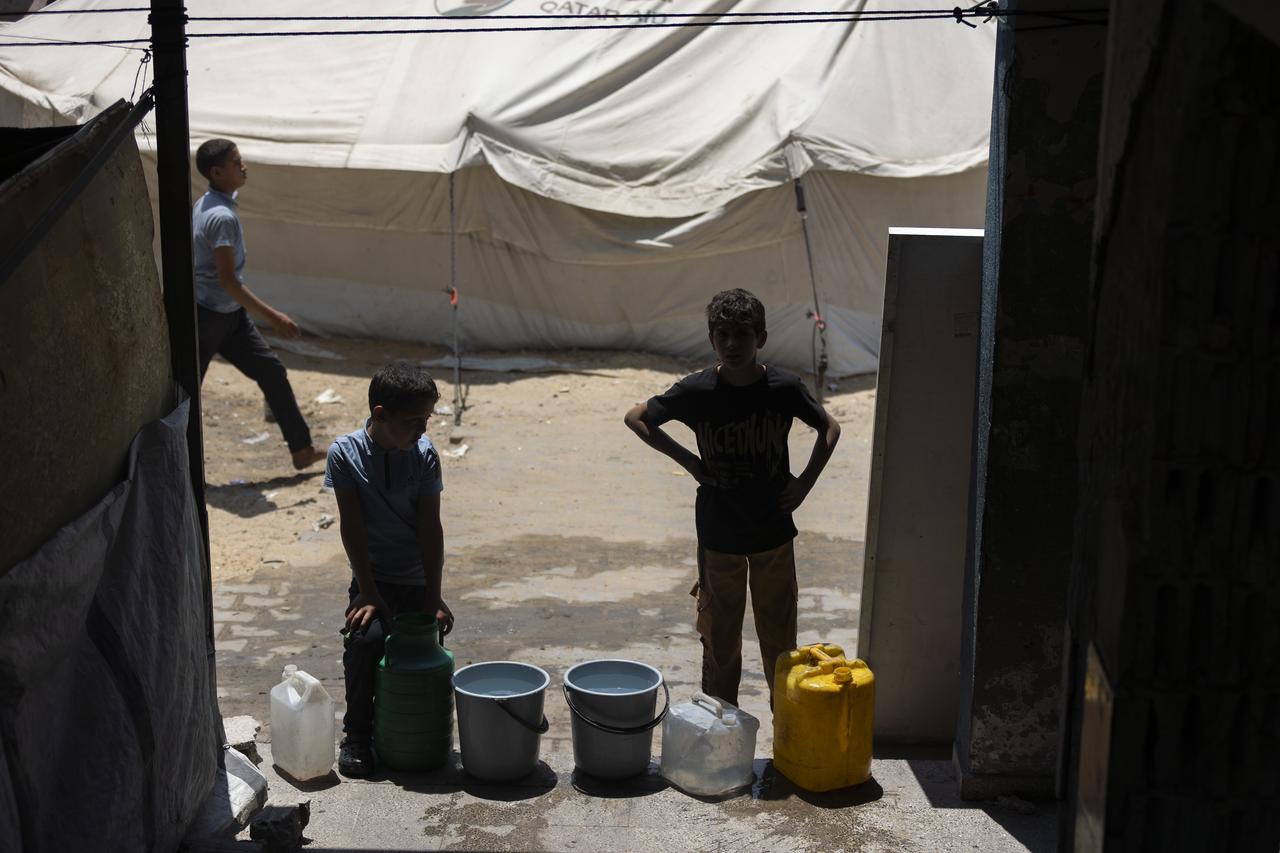
As part of its new military strategy, Israel announced plans to control the distribution of humanitarian aid through private security companies. According to an internal memo seen by The Associated Press, Israel told the United Nations it would use private contractors to manage the aid distribution in Gaza. The U.N. has opposed the plan, saying it violates its core principles.
Under the plan, all aid would enter Gaza through the Kerem Shalom crossing, with about 60 trucks entering daily. However, the aid distribution process has been criticized by aid workers, who warn that centralizing aid distribution could forcefully displace Palestinians and lead to "de facto internment conditions" for many residents.
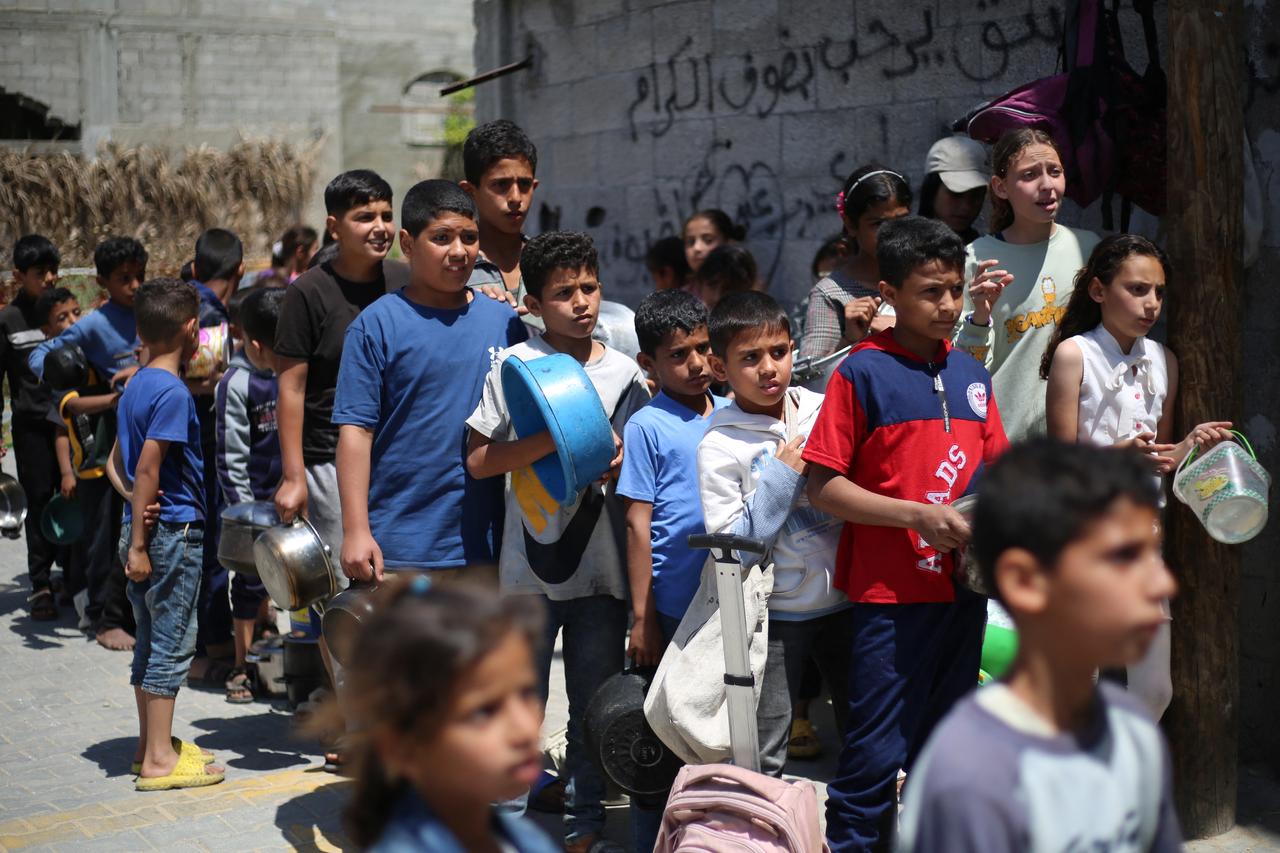
Meanwhile, Israeli airstrikes across Gaza continued overnight, killing at least 17 people in northern Gaza, according to hospital staff. Strikes hit Gaza City, Beit Hanoun, and Beit Lahiya, with victims including eight women and children.
The conflict has already resulted in over 52,000 Palestinian deaths, many of whom were women and children, according to Palestinian health officials.
The conflict escalated after October 2023 when Hamas members attacked southern Israel, killing 1,200 people and taking 250 hostages. Israel says 59 hostages remain in Gaza, although 35 are believed to be dead. Critics charge that Israel’s military operations put these hostages at greater risk.
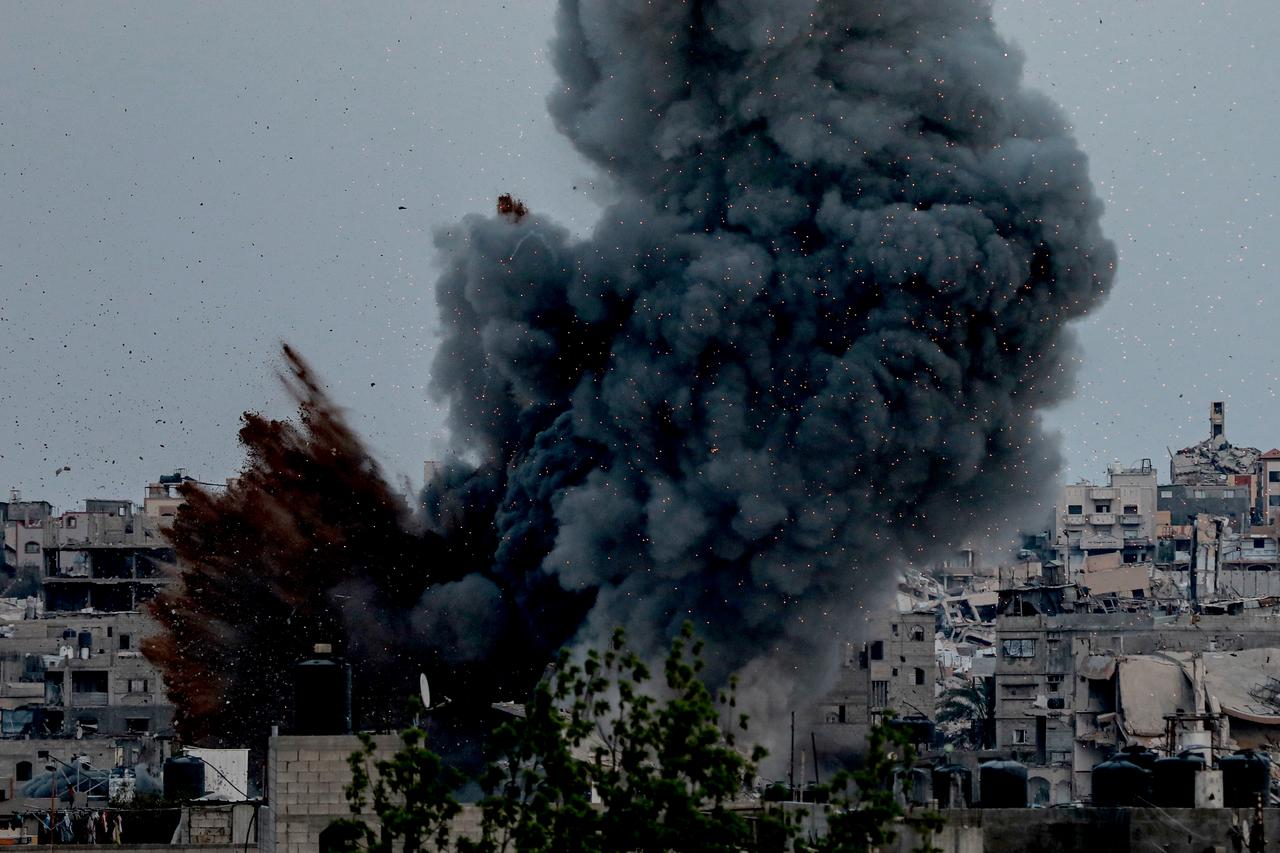
Israel's cabinet unanimously approved the plan, which aims to secure the return of Israeli captives held by Hamas. However, Chief of Staff Zamir has warned that the military operation could result in the loss of hostages, particularly if the focus shifts to territorial conquest over hostage recovery.
"In a plan for a full-scale maneuver, we won’t necessarily reach the hostages," Zamir said in a meeting with ministers.
Despite these concerns, Israeli Prime Minister Benjamin Netanyahu has insisted that the ultimate goal of the campaign remains to defeat Hamas, with a strong emphasis on military victory. "In wars, you reach a decision—victory," Netanyahu said in a statement.
The Israeli government is also considering a proposal to relocate Gaza’s population to neighboring countries, a suggestion that has faced vehement opposition from Arab countries, including Egypt and Jordan.
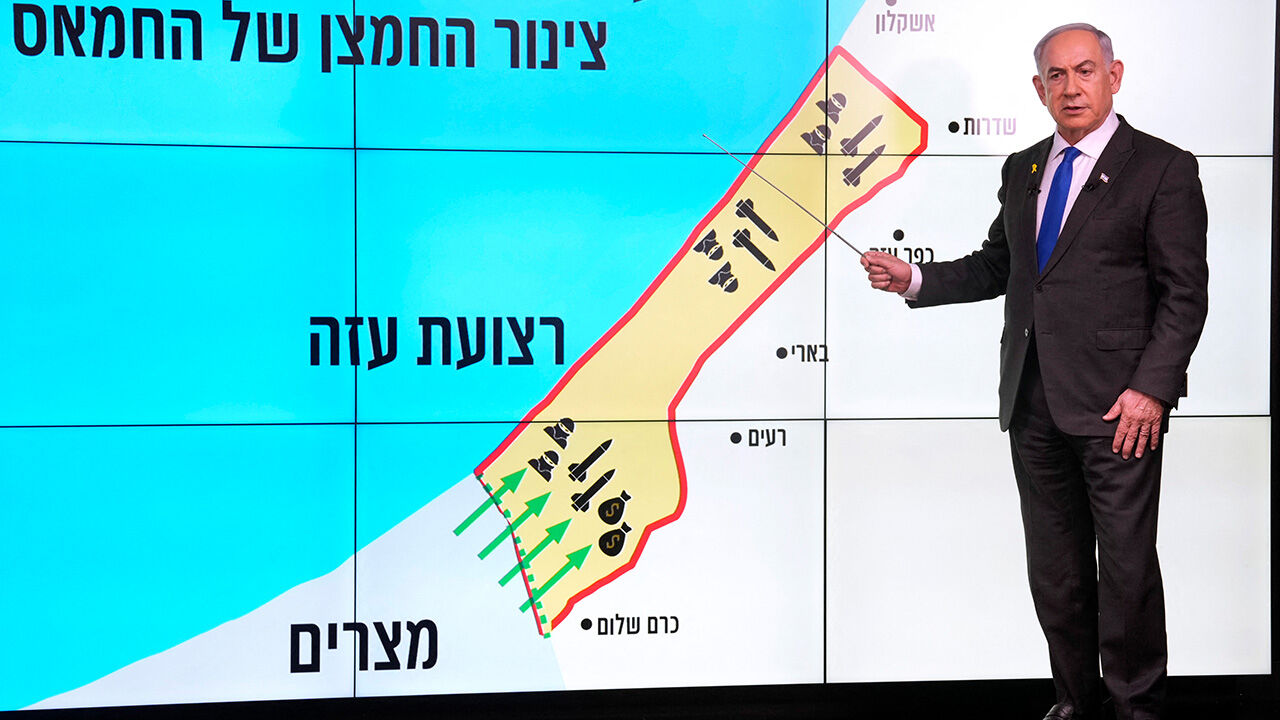
The United Nations and various humanitarian organizations continue to warn of the worsening conditions in Gaza, where more than 90% of the population has been displaced multiple times.
The humanitarian situation is dire, with many Palestinians facing shortages of food, water, and medicine. The U.N.’s World Food Programme reported that it had run out of food stocks, and bakeries in Gaza had been forced to close due to a lack of flour and fuel.
Israeli officials maintain that there is "currently enough food" in Gaza, but the ongoing blockade and centralization of aid distribution have drawn sharp criticism from international aid agencies, who argue that the plan is designed to exert military pressure on Gaza’s population.
The situation remains tense as Israel continues its operations and the humanitarian crisis deepens.